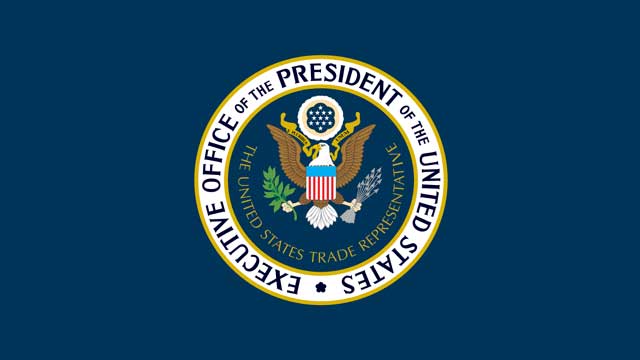The Biden administration identified bribery, corruption, customs, anti-competitive procurement system and violation of intellectual property rights as major trade and investment barriers in Bangladesh.
"Corruption is a pervasive and longstanding problem in Bangladesh, and anticorruption law is inadequately enforced," said the United States Trade Representative (USTR) in the 2024 National Trade Estimate Report on Foreign Trade Barriers.
Bribery and extortion in commercial dealings are common features of business even though the Code of Criminal Procedure, the Prevention of Corruption Act, the Penal Code and the Money Laundering Prevention Act criminalise attempted corruption, extortion, active and passive bribery, bribery of foreign public officials, money laundering and use of public resources or non-public state information for private gain.
American companies have complained about long delays in obtaining approval of licences and bids as Bangladeshi government officials seek bribes.
"There have been continuous proposals to curb the independence of the Anti-Corruption Commission (ACC), the main institutional anticorruption watchdog."
The Sarkari Chakori Ain Bill (Government Job Act), enacted in October 2018, requires the ACC to seek permission from the authorities concerned before arresting any government official and limits the ability of the ACC to investigate corruption allegations against government officials.
While the ACC has increasingly pursued cases against government officials (mainly lower-level officials and some higher-level officials), there remains a large backlog of cases.
There have also been efforts to water down anti-corruption safeguards of government procurement rules, said the report, which was released on March 29.
Charges of corruption are very common in public procurement despite Bangladesh publicly subscribing to principles of international competitive bidding.
"Bangladesh launched a national electronic government procurement portal, but US stakeholders have raised concerns about the use of outdated technical specifications, the structuring of specifications to favour preferred bidders and a lack of overall transparency in public tenders."
Several American companies have claimed that their foreign competitors often use their local partners to influence the procurement process and to block awards to otherwise competitive US company bids, the report said.
American companies have reported instances of alleged bid rigging in government tenders in Bangladesh and have also alleged the use of bribery, anti-competitive practices and a lack of transparency in the bidding process, all of which disadvantage US companies bidding on government tenders.
The report also touched upon the difficulties in repatriation of profits, revenue and external payments from Bangladesh.
"US and other international investors have raised concerns that the procedures and requirements for outbound transfers from Bangladesh remain cumbersome, lack transparency and include significant delays for applications to repatriate profits, dividends and other capital, with some companies waiting over a year for approvals."
American companies reported that agency-level regulators continue to present significant obstacles to securing required approvals for remittances in a timely manner, which are required before companies can seek central bank clearance.
Bangladesh's intellectual property (IP) protection remains a lot to be desired, the report said.
"For example, counterfeit and pirated goods are readily available across Bangladesh," the USTR said, adding that Bangladesh is progressively serving as a source country for counterfeits distributed globally.
US stakeholders have reported potential IP violations in various industries, such as fast-moving consumer goods, apparel, pharmaceutical and software industries.
The lack of investigative expertise of the police and reluctance to initiate independent investigations further exacerbates IP rights holders' ability to enforce their rights.
In addition, IP rights holders have raised concerns about the court's ability to adjudicate fairly IP cases, the report said.
The lack of stakeholder interaction and a public comment process in the development of new patent law in April 2022, copyright amendments in October 2023, and the enactment of the Industrial Design Act in July 2023 remains a concern.
"Bangladesh needs transparent legislative and rulemaking processes that include seeking input from stakeholders in order to address the gaps in IP protection and make meaningful improvements to its IP regime."
To strengthen Bangladesh's IP regime, better coordination among enforcement authorities and other government institutions is crucial.
The USTR also raised concern about the Personal Data Protection Act, which received approval in principle from the cabinet in November last year.
"Despite modifications to narrow the definition of the types of data to which the law is applicable, concerns remain over provisions, particularly in the context of data localisation requirements that could allow access to data by Bangladeshi law enforcement."
The report also raised concern about the regulation for Digital, Social Media and Over the Top (OTT) Platforms, 2021 as those will "grant government authorities sweeping powers to dictate online content with the threat of criminal liability for firms and employees deemed non-compliant".
Bangladesh has not notified its customs valuation legislation to the World Trade Organisation and has not yet responded to the checklist of issues describing how the WTO Customs Valuation Agreement is being implemented, the report said.





